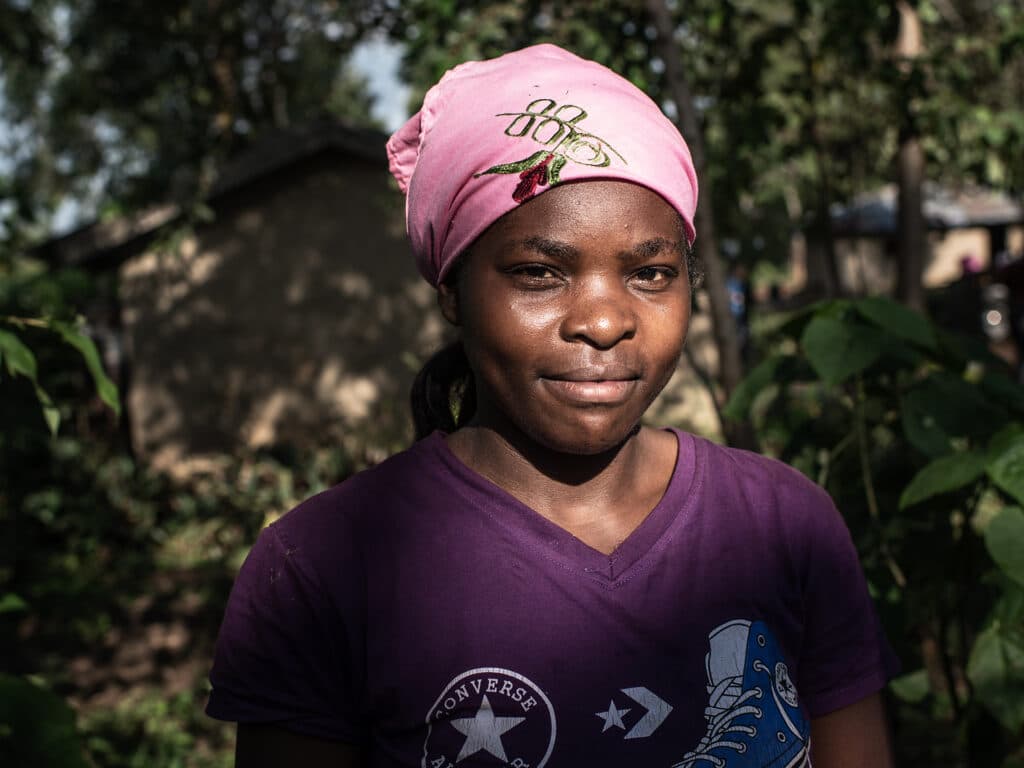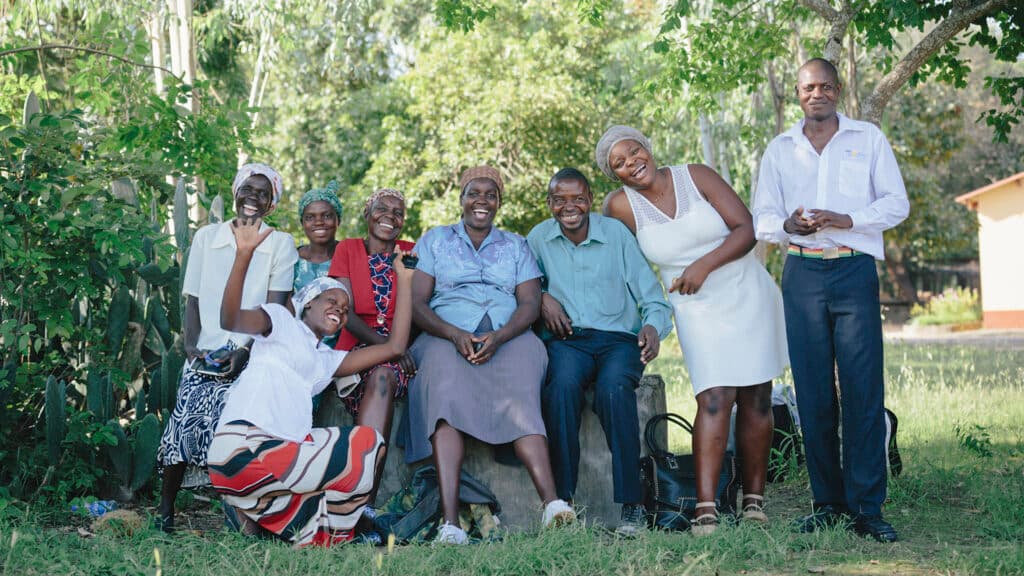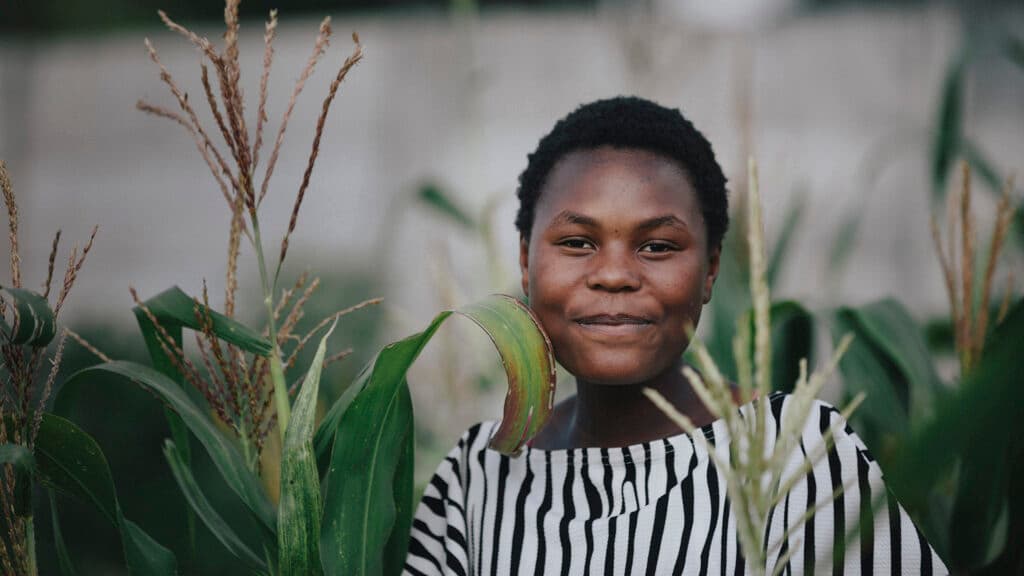
Africa Economic Justice Programme
Within the Africa Economic Justice programme, Diakonia currently supports six regional partner organizations who are pushing for effective mobilisation and management of resources for the benefit of African citizens, particularly women and youth. Diakonia supports their efforts financially and through capacity building. This allows our regional partners to access centers of power and influence economic policies.
The Africa Economic Justice (AEJ) strategy 2021-2025 has a strong focus on effective mobilization, management, and distribution of resources to improve livelihoods of African citizens (particularly women and youth) and enhanced participation and influence of women and youth and their organisations and movements in (regional) economic policy making and decision-making processes.

AEJ collaborates with regional civil society organizations as they complement the work of national and local actors by providing linkages to regional and global authorities, including intergovernmental and non-state international actors. They do this through engaging regional and national policy and decision makers to ensure enactment of progressive regional frameworks on economic justice along with their domestication and implementation at the national level.
A platform is set up to facilitate the exchange of best practice and where innovative ideas on economic justice, including the economic empowerment of women and young people, are tested, and developed.
Domestic Resource Mobilization Program
The Domestic Resource Mobilization (DRM) Programme, a sub-programme of the AEJ programme, contributes to strengthened capacity to foster increased domestic resource mobilization in the EAC, ECOWAS, and SADC member states. The programme builds on Diakonia’s previous experiences in supporting regional civil society organisations advocating for fair financial flows in Sub-Saharan Africa as well as Diakonia’s extensive experience in advocating for economic justice globally.
Increasing domestic resource mobilisation is crucial in helping developing countries break free from dependency on external resources such as aid and loans and be able to raise enough resources to adequately finance their national budgets and achieve the Sustainable Development Goals (SDGs).

Diakonia and its implementing partners strive for:
- Tax justice and curbing illicit financial flows that happen through practices like tax evasion and aggressive tax avoidance.
- Prudent public debt management where there is transparent and responsible debt management.
- Natural resource governance where there is advocacy for corporate transparency and accountability within the extractive sector.
- Trade and investment regimes where policies and agreements foster improved livelihoods and sustainable development.
- Enhanced participation and influence of women and youth and their organisations and movements in (regional) economic policy making and decision-making processes to strengthen inclusion, transparency, responsiveness, and fulfilment of their socio-economic rights, among others.
Diakonia builds the partners capacities beyond the roles they play in the AEJ programme to make them more sustainable organisations ready to actively engage in Africa’s development.
AEJ engages other strategic partners to reach the envisaged results. These include international civil society networks and coalitions such as the Global Alliance for Tax Justice to promote synergies and achieve a greater impact of project actions. As a co-creator of programmes, Diakonia brings together organisations with different specialisations in economic justice to ensure that the core problems are addressed comprehensively by cooperating from different thematic angles.
For more information

Conflict Sensitivity in Domestic Resource Mobilisation
Effective domestic resource mobilisation (DRM) is crucial for countries with limited sources of domestic income and taxes, and for aid donors who are looking for responsible exit strategies. With DRM, governments can plan how to spend their own funds for development, usually through better taxation strategy.
DRM can be very beneficial for countries that are impacted by conflict. However, there is little guidance for practitioners on how to carry out DRM initiatives in a conflict sensitive way. In this briefing, we provide ideas on how to run a conflict sensitive DRM programme based on our joint workshop with Diakonia and their partners in a Sida-funded DRM programme across eight countries in Africa.
For more information and training materials on DRM and conflict sensitivity, please email us at sandra.kidwingira@diakonia.se or info@saferworld.org.uk.



